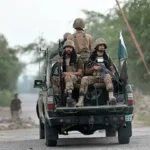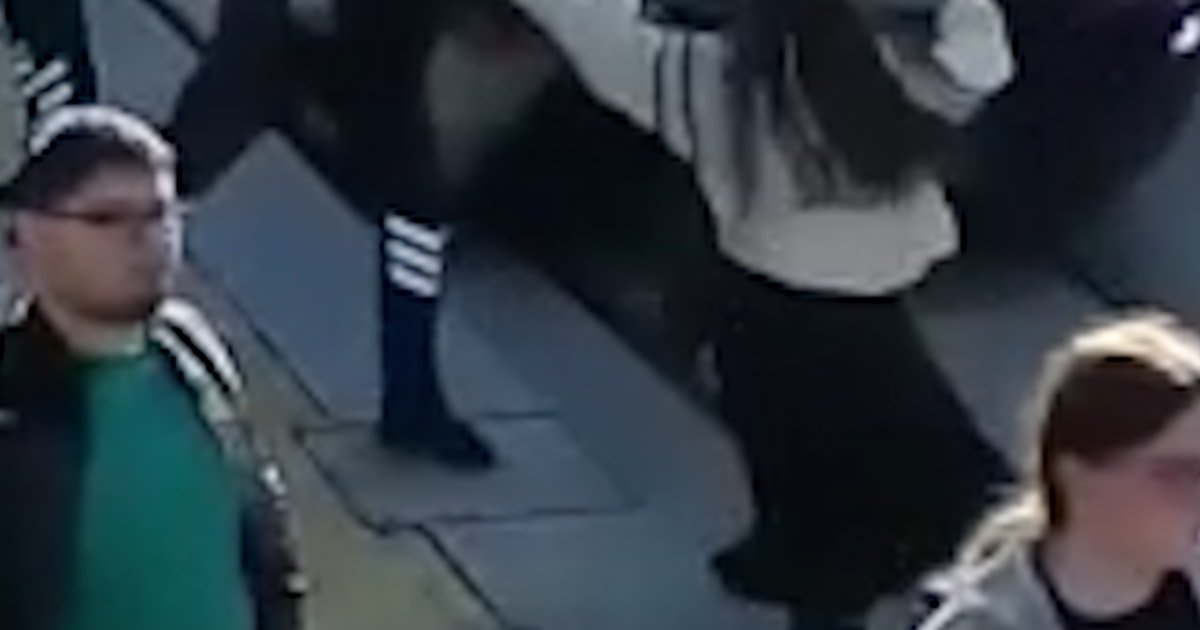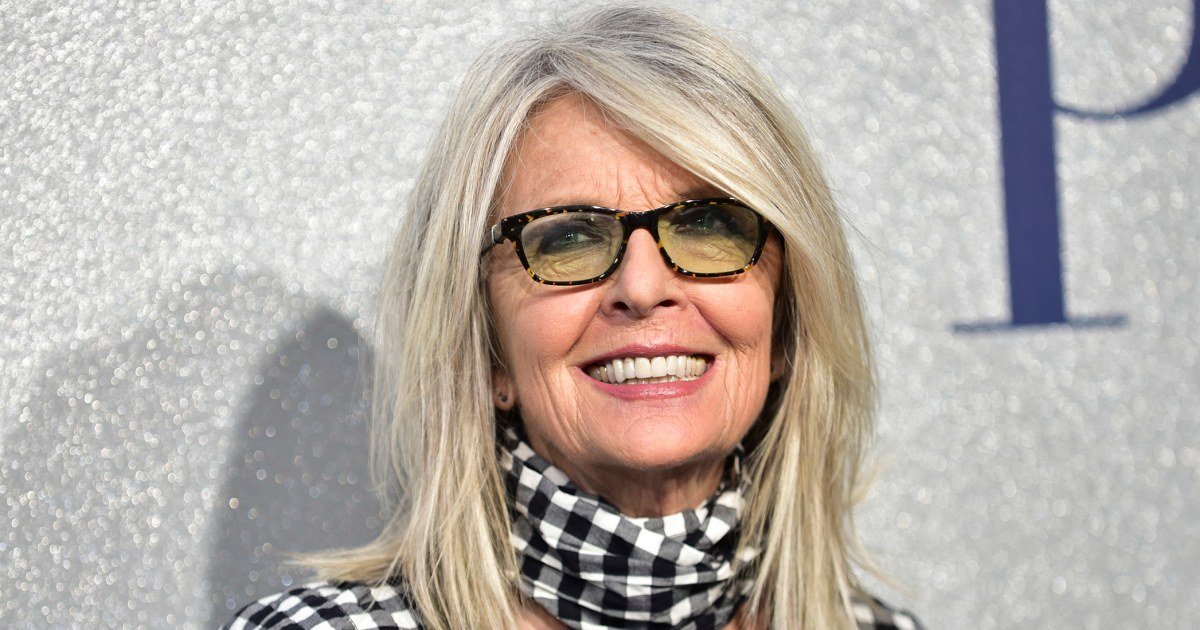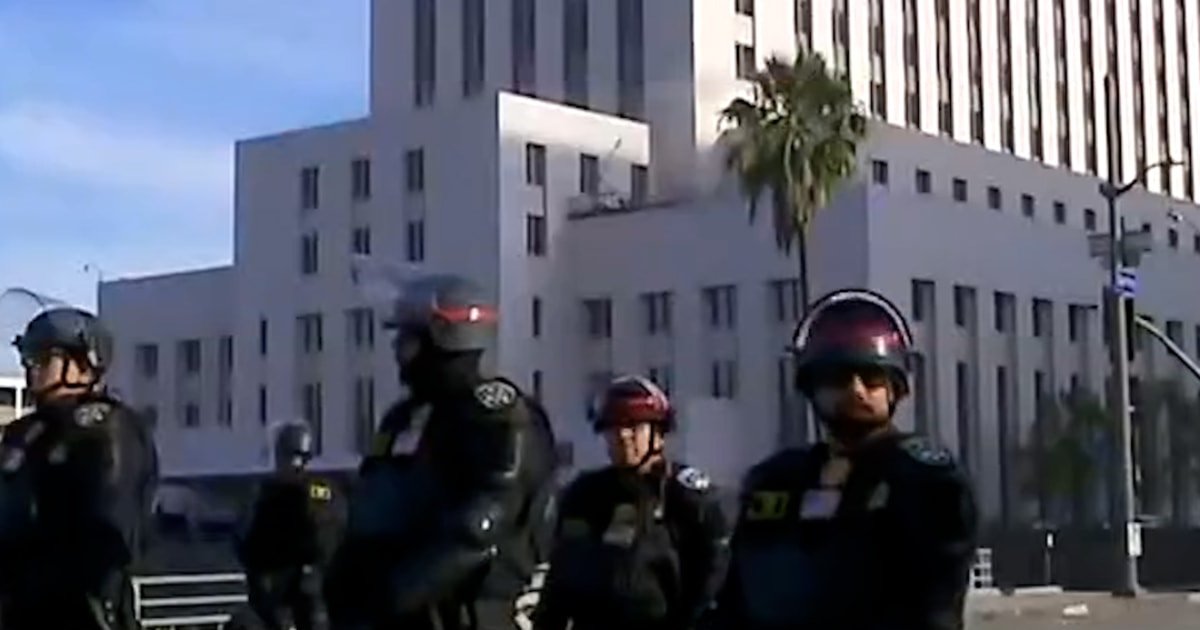This year is shaping up to be a tense one for Ukraine.
After a year of significant achievements for Russia, looming large is the presidency of Donald Trump, who has promised to end the war in “a single day,” even as he has indicated that he partly sympathizes with Moscow’s arguments and agrees. has remained skeptical. to promise indefinite military aid to kyiv.
Some experts believe that for this reason, Ukraine and Europe may need to prepare for a protracted war.
“Trump, with his unpredictable policy on military support for kyiv and on ending the war, will be the biggest challenge,” Justyna Gotkowska, deputy director of the Center for Oriental Studies, a Warsaw-based think tank, said in a statement. . op-ed last week.
After more than 1,000 days of war, Ukraine is running out of personnel as the Kremlin has stepped up bombing of cities and infrastructure, launching missiles, drones and artillery rounds at civilian targets.
Nearly a fifth of Ukraine’s territory is now occupied by Russian forces, although Ukraine’s counteroffensive efforts have taken the fighting to Russian lands, where large swathes of territory have been taken in the Kursk border region.
And although the country has successfully defended a series of airstrikes in recent months, Ukrainian military chief Oleksandr Syrskyi admitted on the Telegram messaging app that Russian troops have made significant advances in the eastern Donetsk region in recent months. . The Pokrovsk area, a lynchpin of Ukrainian defense, could especially pave the way for Moscow to seize swaths of more territory.
Ahead of Trump’s inauguration on January 20, Ukrainian President Volodymyr Zelenskyy is now walking a diplomatic tightrope.
“Zelenskyy’s biggest challenge right now is ensuring the continuity of U.S. military assistance to Ukraine,” said Ann Dailey, a policy researcher at the RAND Corporation, a California-based think tank.
As Ukraine’s main military backer, the United States has given kyiv nearly $61.4 billion in military assistance. On Monday, the White House pledged another $2.5 billion, likely the last steps taken by the Biden administration in that direction.
On the other hand, Trump has made it clear that he does not unconditionally support kyiv’s war against Vladimir Putin’s invading forces.
In an interview with NBC’s Kristen Welker earlier this month, the president-elect said Ukraine would “probably” receive less military aid once he takes office, and argued that Europe should match the level of support from the United States.
“350 billion dollars awaits us and Europe 100 billion dollars. Why doesn’t Europe expect the same thing as us? said. “The only thing that should happen is that Europe… should equalize.”
“The war with Russia is more important for Europe than for us. “We have a little thing called the ocean between us,” he added.
Trump has been careful not to reveal much of his plan to end the war, although his pick as US envoy to Ukraine, Keith Kellogg, presented him with a peace plan in April, a plan that involves putting pressure on both sides by cutting off ties. military forces. aid Ukraine if it does not agree to negotiations, and expand arms shipments to kyiv if Moscow refuses to come to the table.
Trump also criticized Ukraine after it launched missiles into Russian territory last month: “I disagree very vehemently with sending missiles hundreds of miles toward Russia. Why do we do that? he said in an interview with Time magazine earlier this month.
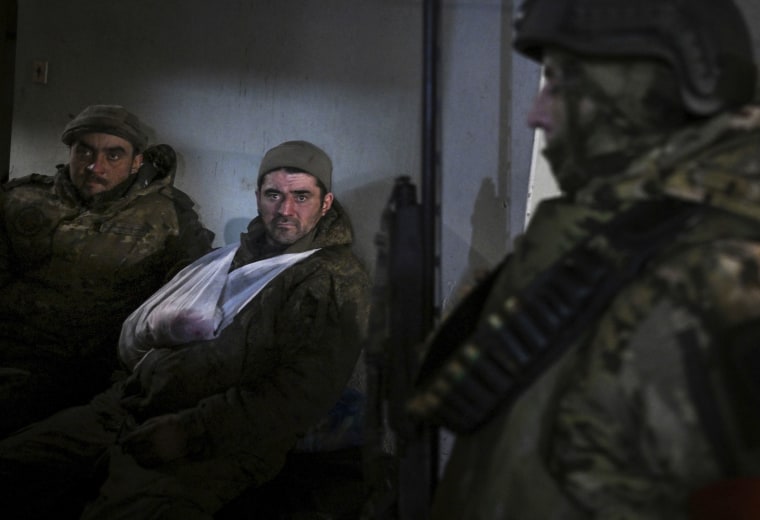
Meanwhile, in recent weeks Trump’s advisers have pushed for a truce conditional on kyiv delaying its membership in the NATO alliance by 20 years, in exchange for a continued supply of weapons from the West and the deployment of European peacekeepers. to monitor a ceasefire.
But some experts say this will only invite the Kremlin to continue its efforts to undermine the European security order.
“My biggest concern is that Ukraine will be pressured into accepting a bad deal with Russia since Donald Trump will be willing to keep his promise to stop the war,” said Kristi Raik, deputy director of the International Center for Defense and Security. , in an opinion article.
In line with changing circumstances, Zelenskyy’s public statements have also changed, now emphasizing the need for long-term security over territorial control. In the absence of being open to painful concessions, the Ukrainian president has shown signs of greater willingness to negotiate an end to the war.
This change comes after previous recognitions that Ukrainian forces are unlikely to be able to push back Russian troops from captured territory, including the Crimean peninsula and parts of eastern Ukraine that Moscow has controlled for a decade.
Meanwhile, Putin has been taking the equivalent of a victory lap.
During his traditional year-end press conference on December 19, he boasted that his forces were “advancing” on the battlefield and that “Russia’s defense capabilities are the highest in the world.”
However, he said he was “willing to participate” in peace talks with Ukraine, noting that “politics is the art of compromise.”
Putin referred to the 2022 peace talks held between the two countries in Istanbul, where the draft agreement discussed involved the Kremlin taking control of the Crimea and Donbas region, and Ukraine giving up its plans to join the NATO and reduce its army.
Those talks failed and both sides blamed the other for the collapse.
“Putin placed special emphasis on Russia being a rational actor in being willing to accept a ceasefire on its own terms and accused the Ukrainian side of sabotaging a previous agreement,” said Natia Seskuria, an associate member of a think tank with headquarters in London. RUSSI.
But with Putin’s usual threats of escalation on the horizon, Russia is negotiating from a position of strength, rather than weakness, and expects concessions from Ukraine with the help of the Trump administration.
The Russian concept of negotiations is “very different from ours,” said Dailey of the RAND Corporation. “Russia only wants what it has wanted since this war began.”
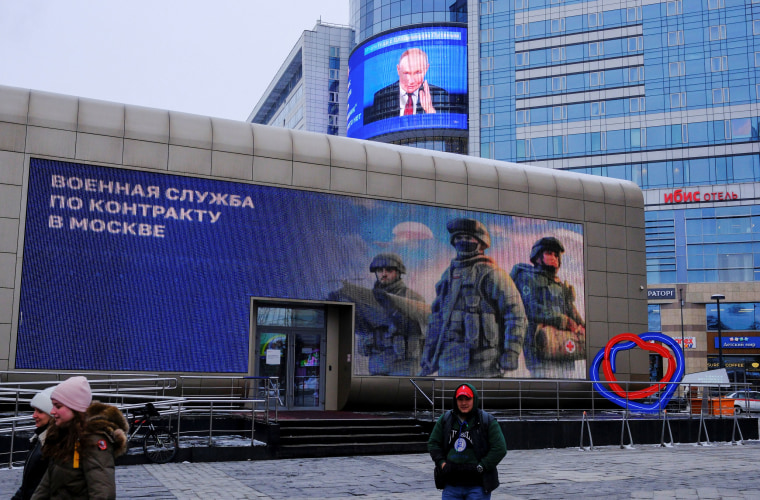
Putin has repeatedly expressed that postponing Ukraine’s membership in NATO is not enough for Moscow. On Monday, Russian Foreign Minister Sergei Lavrov doubled down on the Russian president’s position and said he would not consider plans allegedly put forward by Trump’s team.
“We are not satisfied with the proposals made by representatives of the president-elect’s team to postpone Ukraine’s membership in NATO for 20 years, as well as to introduce a peacekeeping contingent of British and European forces in Ukraine,” he said. Lavrov to the state agency TASS. news agency.
“Given that the prolonged expansion of NATO was one of the main causes of the Ukrainian crisis, ensuring Ukraine’s non-aligned status remains one of the objectives of the special military operation that must be achieved,” said the Minister of Foreign Affairs. Exteriors.
Even if Trump attempts to restore ties between the United States and Russia once he takes office, he would have to “swim against the tide” given the bipartisan consensus in the United States on Russia, which “is not that simple,” Lavrov added.
Dailey said it would be “reckless” to think that “you could start negotiations with Russia and believe that you would get concessions that they were not forced to grant at the tip of the spear.”
Simply put, Russia currently believes it has both a military and political advantage.
“Under these conditions, I don’t anticipate that Russia will concede much,” he added.
Ukraine’s unease is underlined by the seemingly cordial terms between the American and Russian leaders.
While Zelenskyy has pushed for NATO membership as a necessary measure to safeguard Ukraine from future invasions, kyiv’s prospects appear largely unattainable in both the United States and Europe, where leaders appear divided over what pledges to security they can offer Kiev.
However, Zelenskyy has repeatedly stated that Ukraine needs unequivocal US support along with European guarantees.
“It’s very important for us to have both on board: the United States and the Europeans,” he said during recent talks in Brussels.


